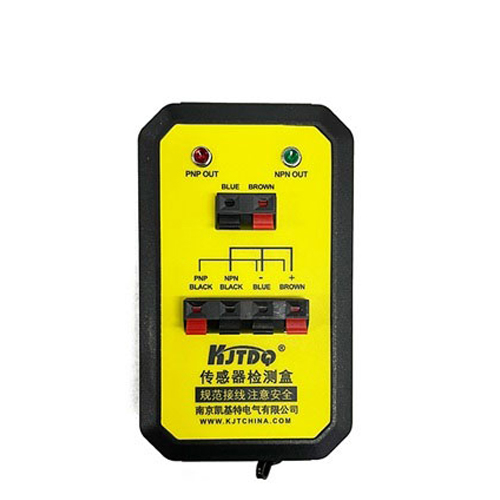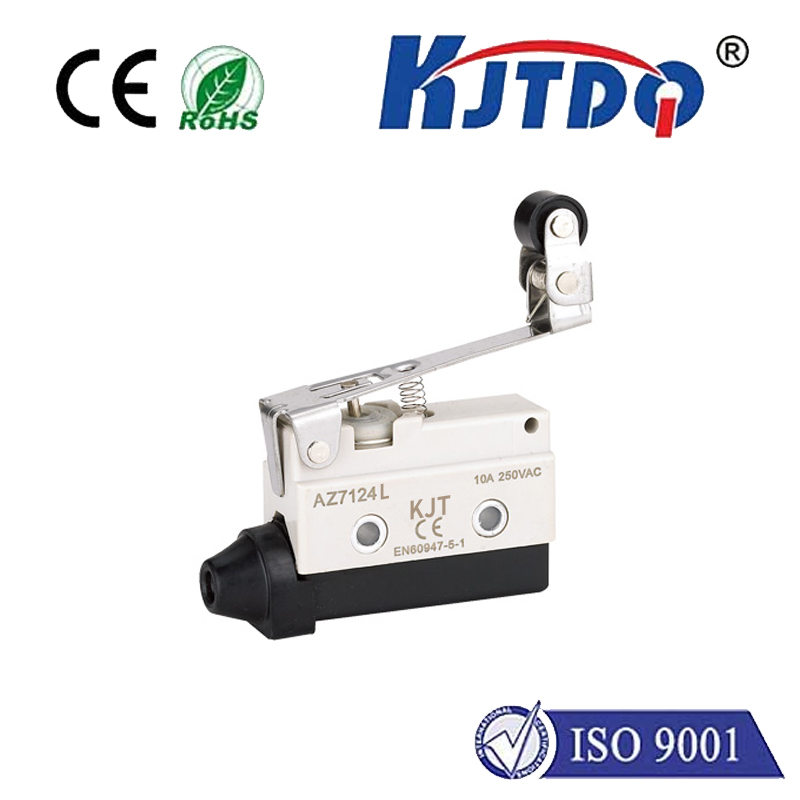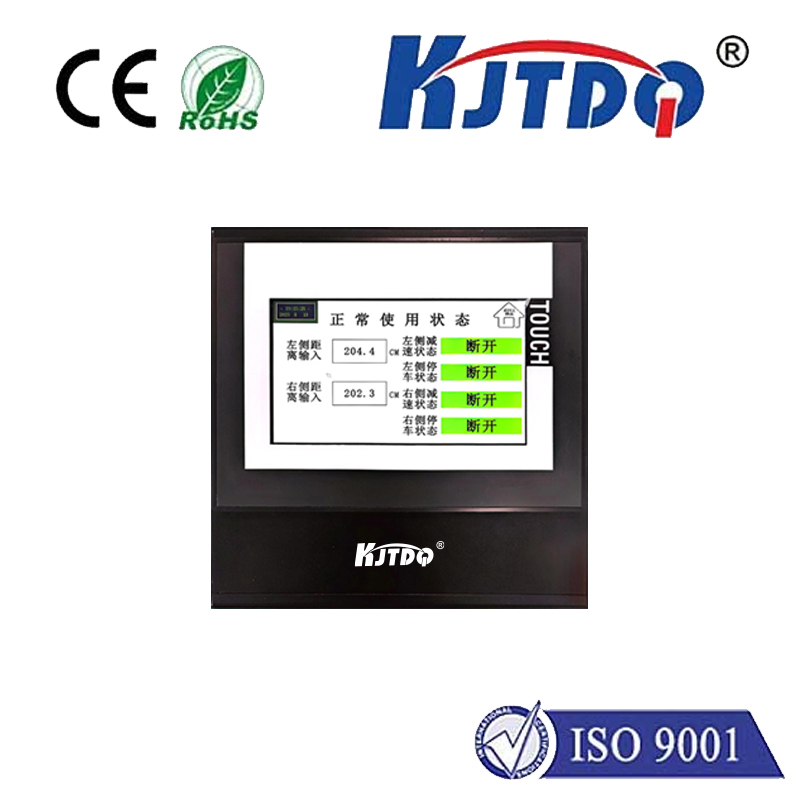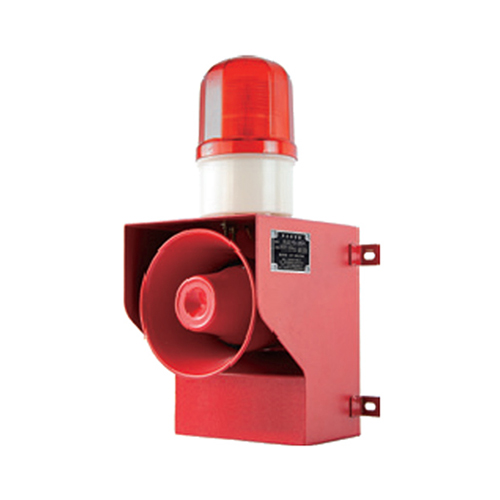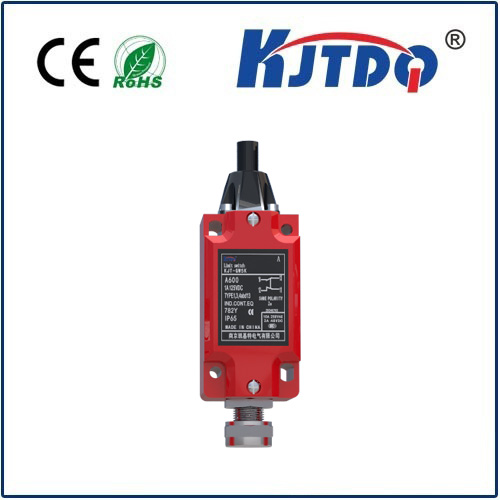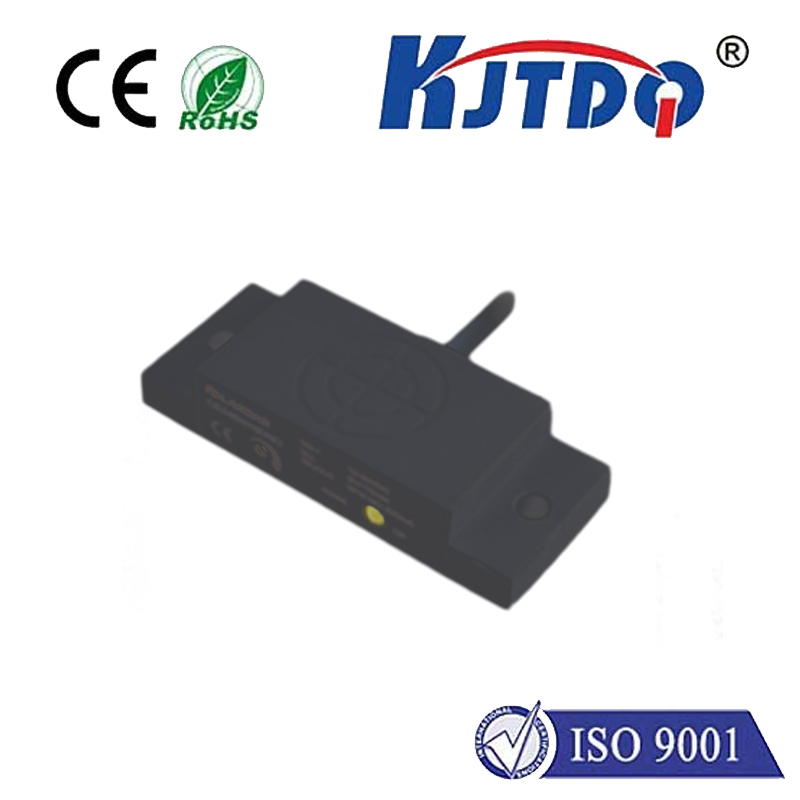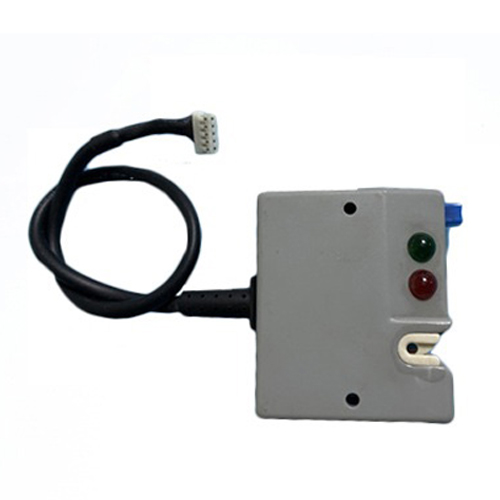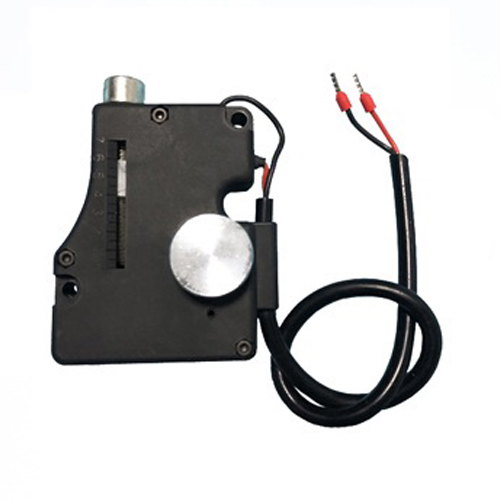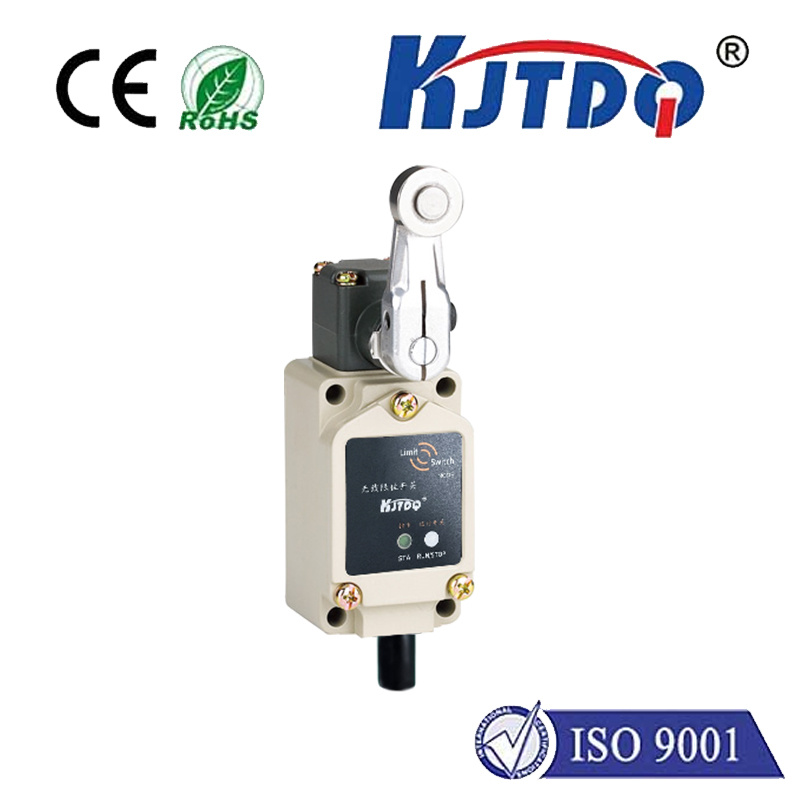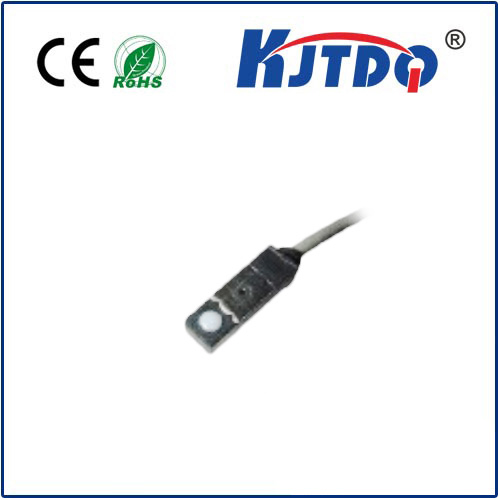

check

check

check

check

check

check

check

check

check

check
Title: Revolutionizing Precision with Laser Level Sensors In the quest for accuracy and precision in the construction, manufacturing, and automation industries, the laser level sensor has emerged as a game-changing tool. This sophisticated device brings together advanced laser technology and precise measurement capabilities to ensure that tasks are performed with unparalleled exactness. In this article, we will delve into what a laser level sensor is, its applications, benefits, and how it is transforming various sectors. Understanding the Laser Level Sensor A laser level sensor is an optical electronic measuring device that utilizes laser technology to provide highly accurate alignment and leveling. It works by projecting a laser beam that creates a flat plane or a specific point of reference. This beam is then used to align objects or to measure deviations from a set horizontal or vertical plane. The sensor can detect even the slightest changes in position and relay this information in real-time, making it possible to make immediate adjustments. Applications Across Industries The implementation of laser level sensors spans across a multitude of fields, each harnessing the technology for specific needs:
Enhanced Accuracy: The level of precision achievable with these sensors surpasses traditional methods, translating to higher quality outcomes and reduced material waste.

Operational Efficiency: By providing real-time data, the time required for measurements and adjustments is significantly decreased, accelerating project timelines.
Cost-Effectiveness: Although the initial investment may be higher, the reduction in errors and the resultant decrease in expensive retrofitting or rework more than justify the cost.
Versatility: These sensors are adaptable to various environments and situations, making them suitable for a wide range of applications.
Non-Contact Measurement: Unlike mechanical levels which require physical contact, laser level sensors offer a non-contact solution that reduces wear and tear on both the device and the workpiece. Transforming Industries with Precision Technology Laser level sensors represent a leap forward in precision engineering. As industries continue to evolve towards greater integration of technology, the importance of such devices cannot be overstated. They are not only tools but enablers of innovation, driving productivity and excellence in any setting where precision is paramount. With ongoing advancements, the future holds even more possibilities for these incredible instruments, promising to raise the bar yet higher in the realms of construction, manufacturing, automation, and beyond. In conclusion, the laser level sensor stands as a testament to human ingenuity—a device that shrinks margins of error to microscopic levels and propels industries towards a future characterized by unparalleled precision. As adoption grows, so too does the potential for creating a world where accuracy knows no bounds.
